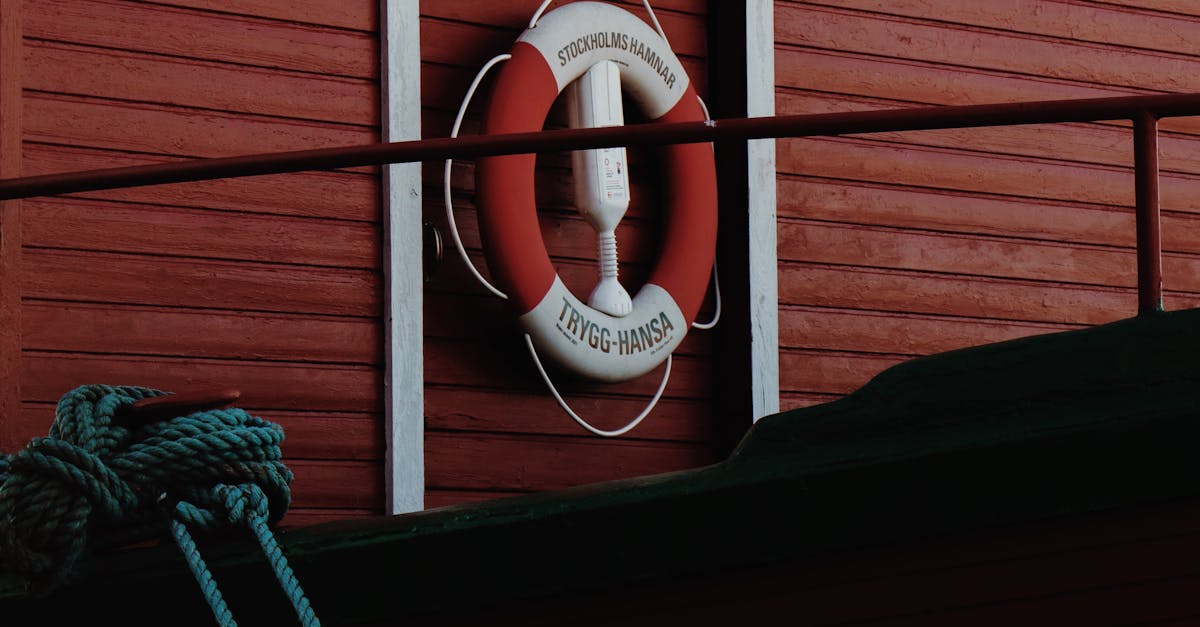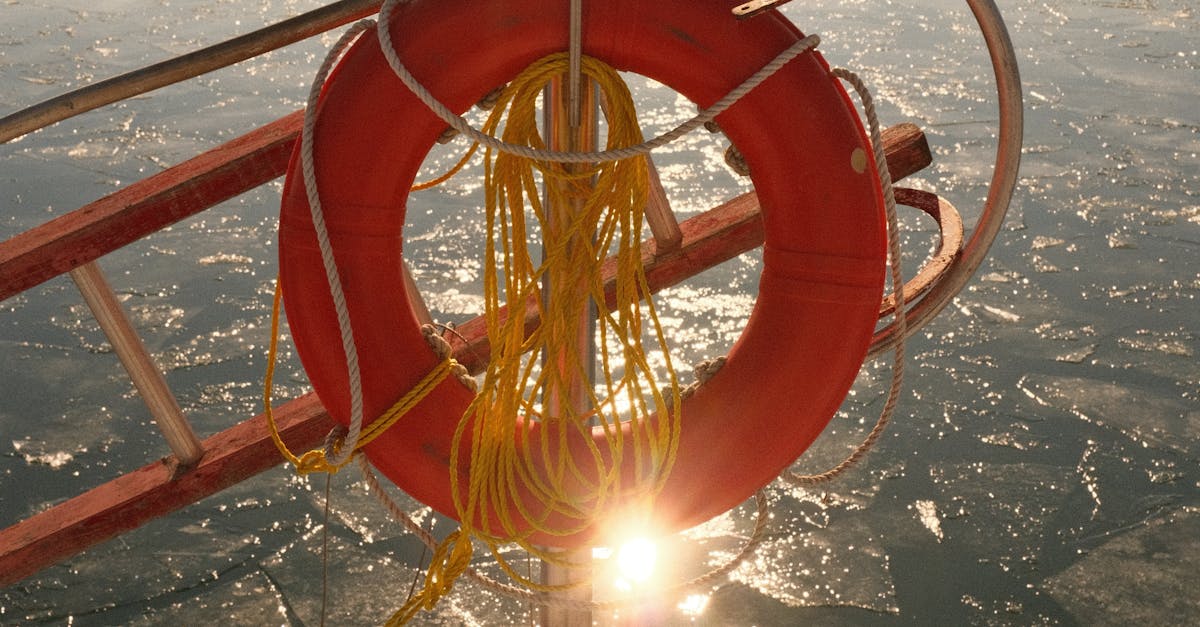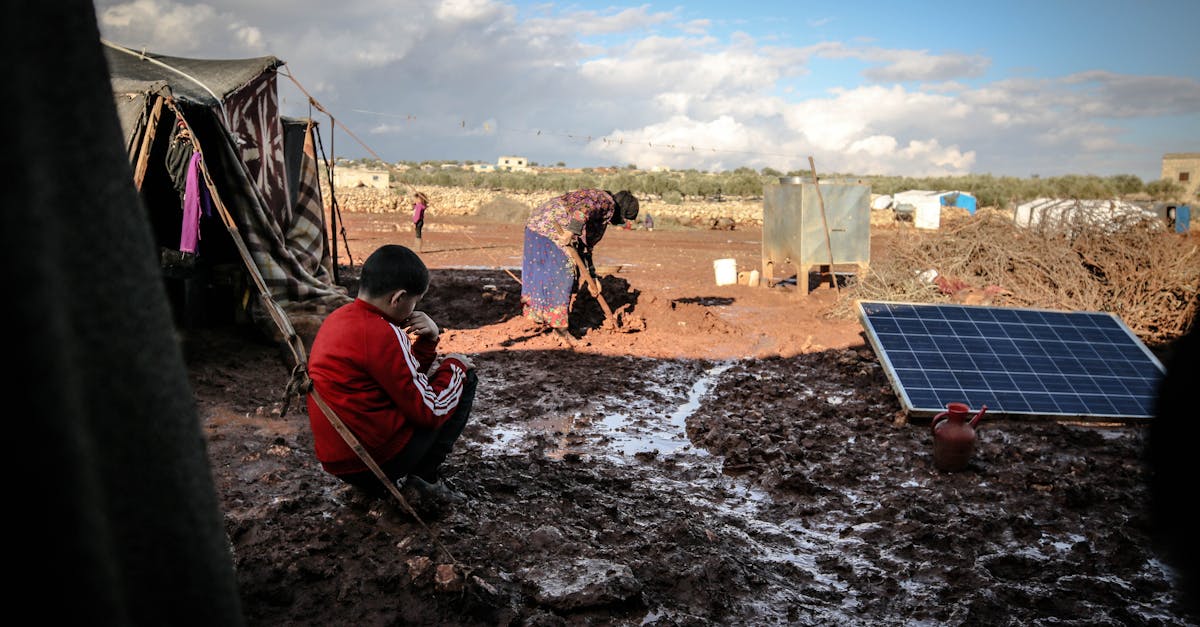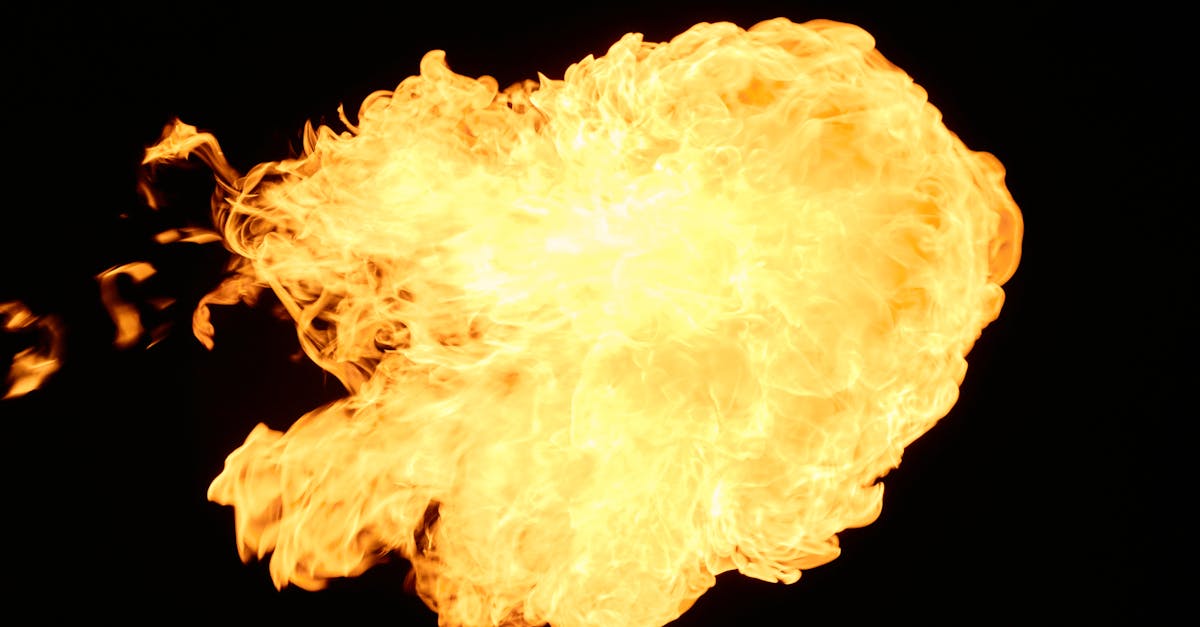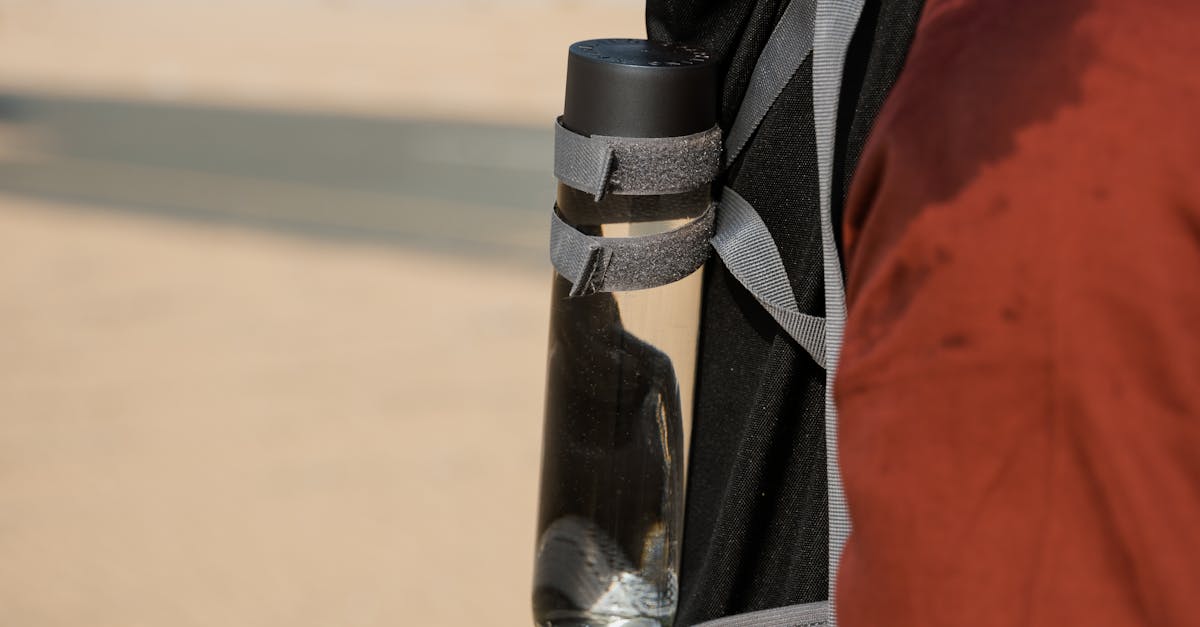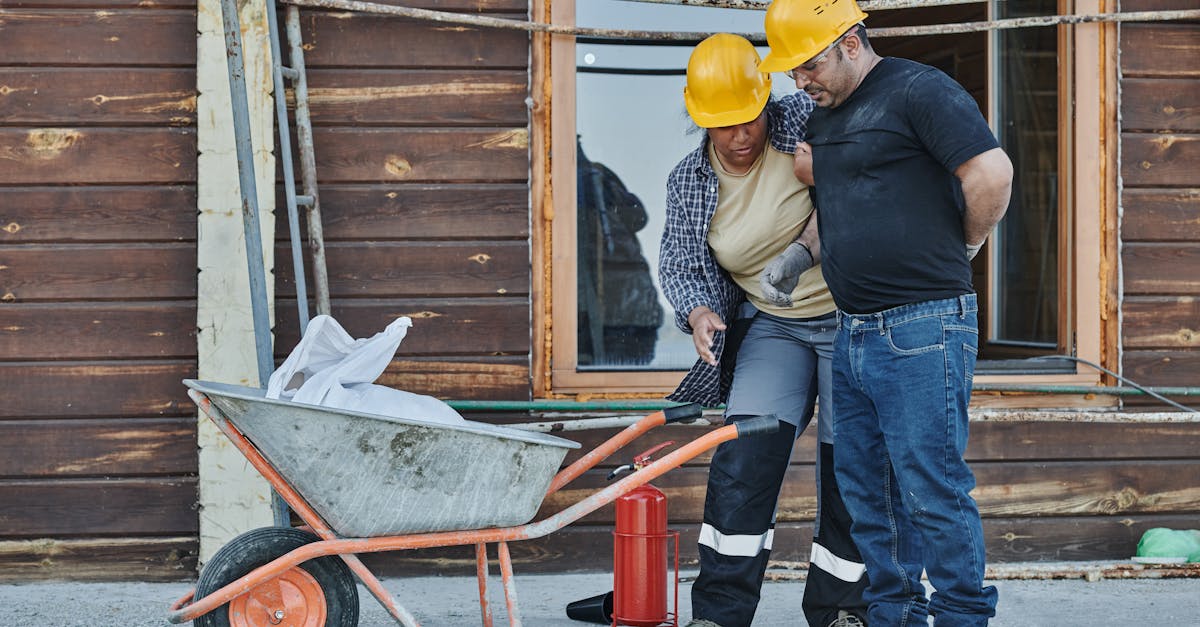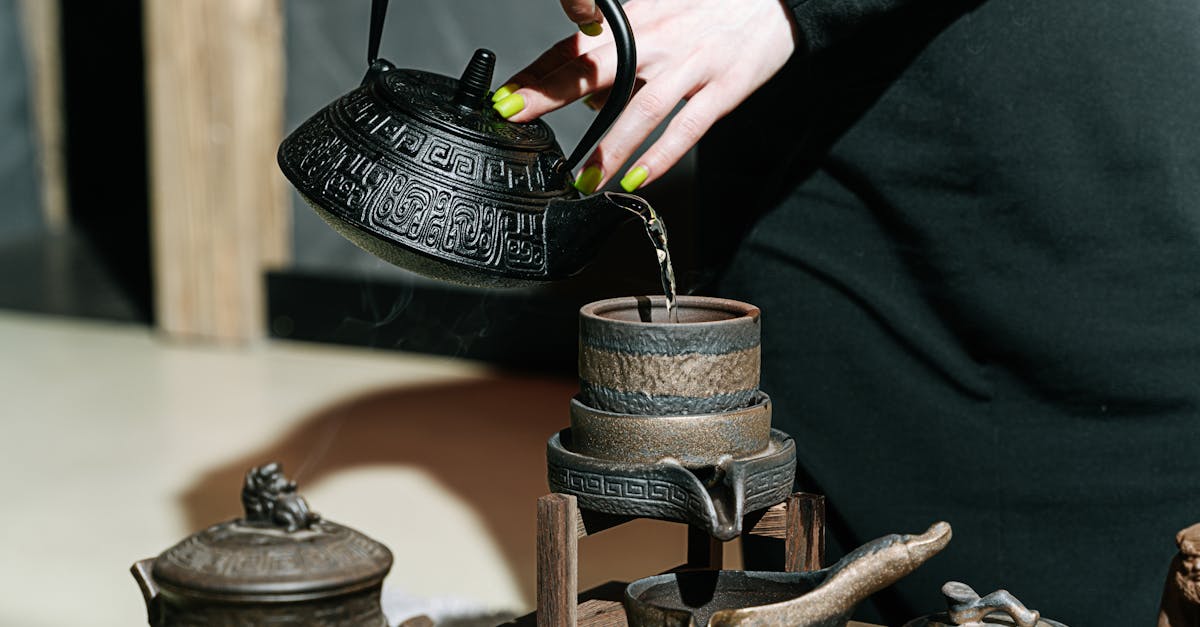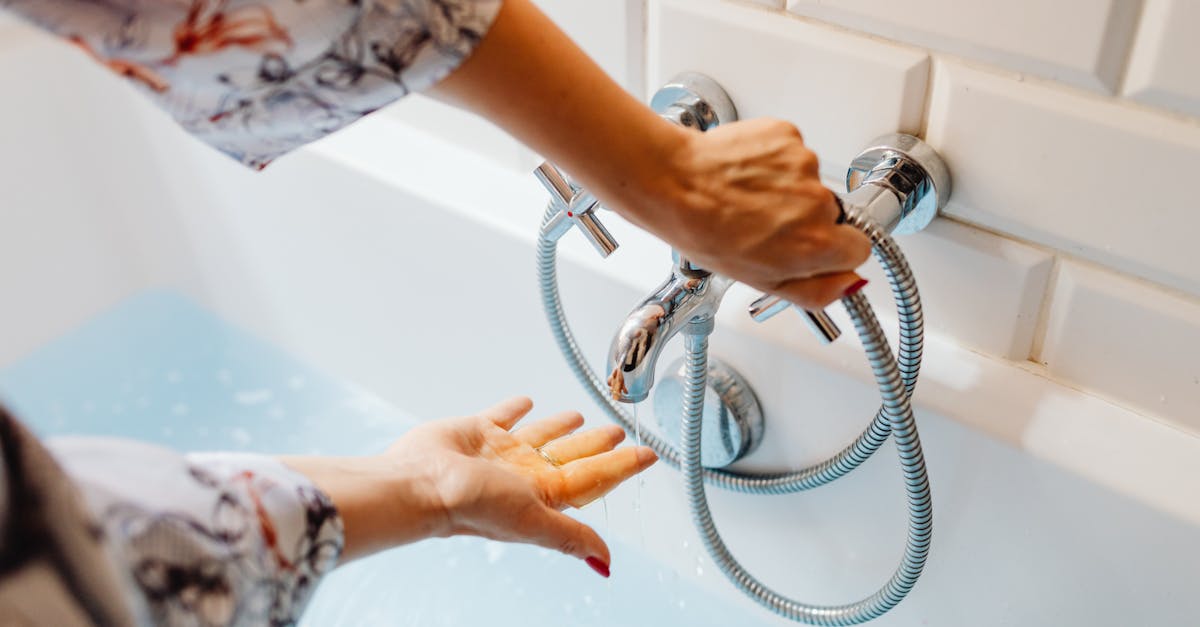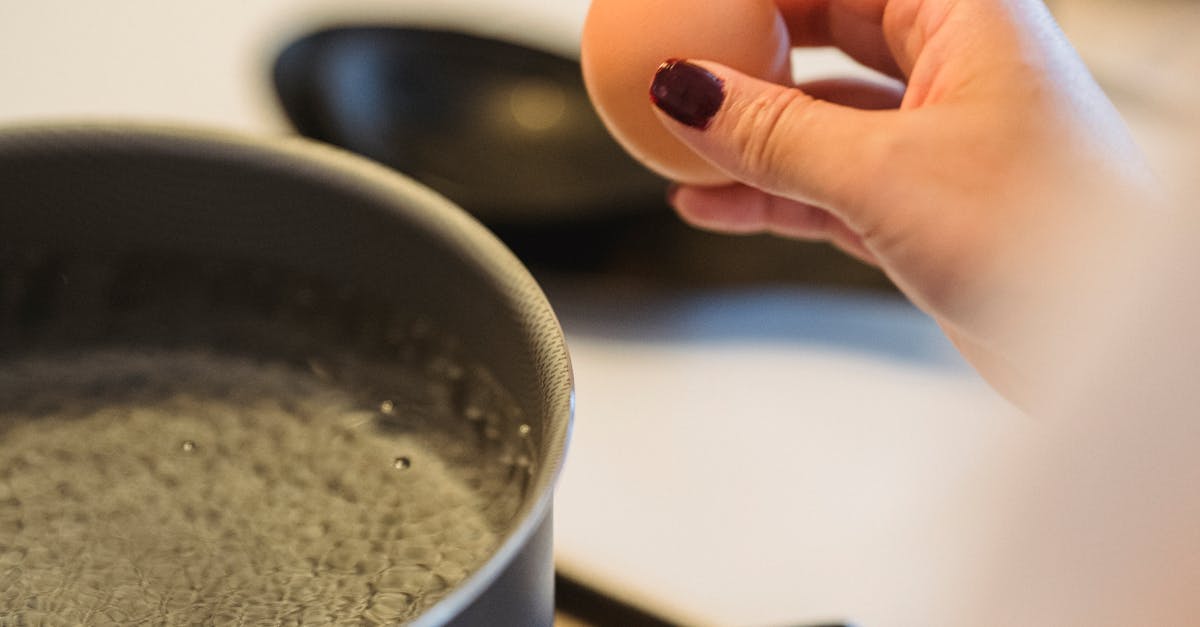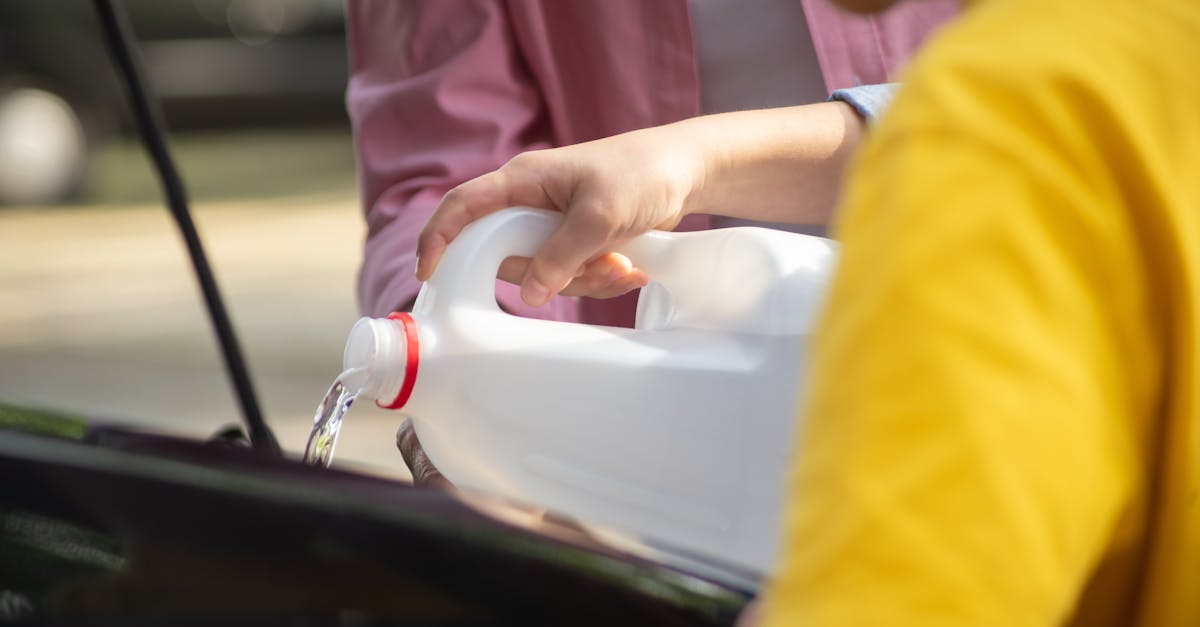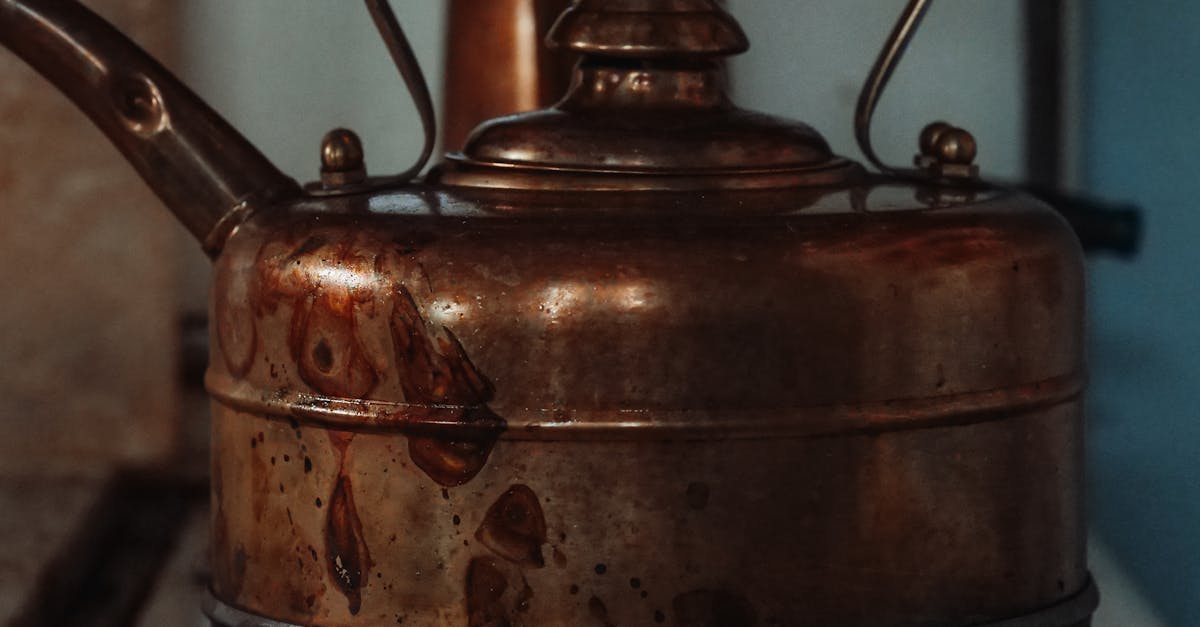
Table Of Contents
Resetting the Water Heater
If you find yourself without hot water unexpectedly, one of the first steps to consider is resetting the water heater. This process can often resolve minor issues that may be affecting the system's performance. Many water heaters have a reset button located on the thermostat or the upper heating element. Familiarizing yourself with your specific model's manual can provide guidance on the appropriate location and procedure for performing this reset.
In cases where a simple reset doesn't restore your hot water, you might need to explore more extensive solutions. Emergency hot water repair services can help diagnose deeper problems that may be causing the lack of hot water. Common issues could include a malfunctioning thermostat, sediment buildup, or electrical problems. Contacting a professional ensures a thorough inspection and remedies for any underlying issues, helping to avoid further disruptions in your hot water supply.
How to Perform a Reset
Performing a reset on your water heater can often resolve issues related to running out of hot water. First, locate the reset button on your unit. This button is usually found on the thermostat or near the power supply. If you have an electric water heater, ensure it is powered off before proceeding. For gas models, turn off the gas supply to avoid any hazards while you work on the unit.
After ensuring safety, press the reset button firmly. You may hear a click, indicating the reset is successful. Once you have reset the system, turn the power or gas supply back on and allow the heater to refill and heat the water. If the problem persists, you may need to contact a professional for emergency hot water repair to address any underlying issues that a simple reset cannot fix.
Upgrading Your Water Heater
Upgrading your water heater can be a wise investment, especially if your current unit struggles to meet your household's demands. Older models often lack the efficiency and capacity needed for modern families, resulting in frequent shortages of hot water. Newer units offer improved energy efficiency ratings and greater storage or on-demand capabilities, ensuring consistent hot water availability. If you find yourself frequently scheduling an emergency hot water repair, a new system may solve ongoing issues and offer peace of mind.
When considering a replacement, assess factors such as the type of fuel used, the size of the unit, and the expected lifespan. Electric, gas, and tankless options come with various benefits tailored to different needs. Evaluating your specific hot water usage patterns can help you choose a model that best suits your lifestyle. Making an informed decision will not only enhance comfort but may also lead to savings on energy bills over time.
When to Consider a Replacement
There are several signs indicating it may be time to consider replacing your water heater. If your unit is over ten years old, it might be less efficient and prone to breakdowns. Frequent repairs can add up over time, making it more cost-effective to invest in a new model. Rusty water, strange noises, or leaks around the unit also suggest that your water heater could fail soon, prompting the need for emergency hot water repair.
Energy bills that keep rising despite similar usage patterns can indicate that your water heater is working harder than necessary, signaling a decline in performance. Additionally, if you frequently run out of hot water during usage, it may be time to assess the size and capacity of your current unit. Upgrading to a more efficient system can improve comfort levels and save money in the long run.
Tips for Managing Hot Water Usage
To manage hot water usage effectively, consider scheduling showers, laundry, and dishwashing for times when water demand is lower. Spacing out these activities helps ensure that the hot water heater has time to recover between uses, reducing the risk of running out of hot water unexpectedly. By creating a routine that avoids peak usage times, you can better utilize your hot water supply and minimize the need for emergency hot water repair.
Another strategy involves being mindful of water heater settings and maintenance. Set your water heater to a temperature between 120°F and 140°F for optimal performance; this range provides comfort while saving energy. Regular maintenance, such as flushing the tank and checking the anode rod, can extend the life of the heater and prevent issues that may lead to an emergency hot water repair.
Best Practices for Efficient Use
To manage hot water usage effectively, start by scheduling your showers and laundry during non-peak hours. This strategy not only maximizes the efficiency of your water heater but also reduces the chances of running out of hot water when you need it most. Consider taking shorter showers and washing clothes in cold water when appropriate, as these small adjustments can lead to significant savings.
Additionally, regular maintenance of your water heater can prevent unexpected failures and reduce the likelihood of needing emergency hot water repair. Flushing the tank periodically helps remove sediment buildup, which can affect performance. Insulating pipes and the tank itself also contributes to efficient heat retention, ensuring that hot water is readily available when required.
FAQS
What should I do first if I run out of hot water?
First, check if the water heater needs resetting. Follow the manufacturer's instructions for performing a reset, as this can often resolve the issue.
How can I tell if my water heater needs to be replaced?
Consider replacing your water heater if it is over 10-15 years old, if you notice leaks, or if you are frequently running out of hot water despite following best practices for usage.
What are some best practices for managing hot water usage?
To manage hot water usage effectively, stagger showers and laundry loads, use energy-efficient appliances, and install low-flow fixtures to reduce demand.
Can upgrading my water heater help with hot water shortages?
Yes, upgrading to a larger capacity or a more efficient water heater, such as a tankless model, can provide a more consistent supply of hot water.
Is it safe to attempt repairs on my water heater myself?
While some simple tasks like resetting the heater can be done by homeowners, it's advisable to consult a professional for any repairs or maintenance to ensure safety and compliance with local codes.


